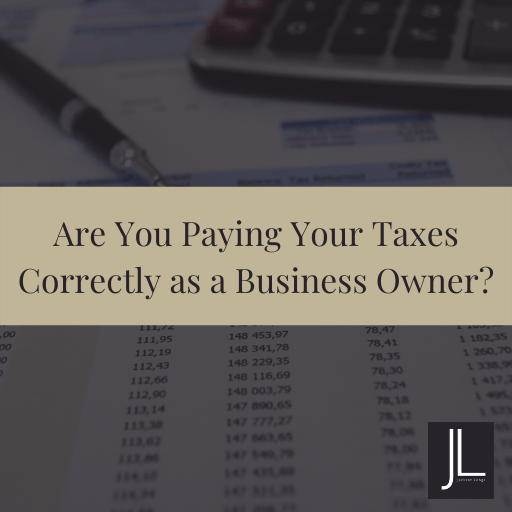
Are you an established limited liability company or have you just opened a small business?
Irrespective of the current condition of your undertaking, there are certain expenses that can go unclaimed. In other words, you can end up paying way more in taxes than you need to but not if you are aware of the tax relief options you can benefit from.
Unclaimed tax benefits are slowly, but surely, draining your resources. By claiming those expenses, you can not only ensure your organisation remains tax efficient, but also maintain a steady profit margin and reduce your overall tax . The general rule of thumb is that those expenses must be wholly and exclusive necessary for business operations. However, HM Revenue & Custom’s (HMRC) rules can be complex since they often focus on the ‘fairness’ of the claimed expenses.
The best way to counter this is to be aware of the options you have available. Here are some things you need to be aware of.
Claim Expenses as a Limited Company
If you are the owner of a limited company, you can claim expenses straight from the company account. These are known as ‘reimbursed expenses,’ which you pay personally. Make sure that you keep an accurate record of this each time that you reimburse yourself using the funds from the business.
Your employees can also claim expenses but to keep it in control, draft a company expense policy detailing how they are allowed to spend that money and in which situations. Those figures should also be recorded and filed at the end of every month, so make sure that your employees keep all of the receipts as proof of those expenses.
All UK-based limited company submit an online form to HMRC called a CT600. This has all of the details of not only your business income but also the expenses and minus tax allowances. Any corporation tax that is owed must be paid within 9 months or a day after the organisation’s accounting period ends.
Paying Income Tax
If you are the owner of a limited company and have a salary that goes well above the yearly personal allowance, you can pay income Tax via your organisation’s PAYE (Pay As You Earn) scheme. This way, you can pay the tax as well as your National Insurance.
Additionally, the dividends that are taken from the company are also taxes. To determine those, you will have to do a self assessment, something which all business owners have to do. If you are a sole trader, you will also have to pay income tax on the profits of the business, which also must be mentioned in the self assessment.
If you are in search of a lawyer who is experienced in business or professional legal business services that provide them all, look no further than Jackson Longe. Get in touch with us today!